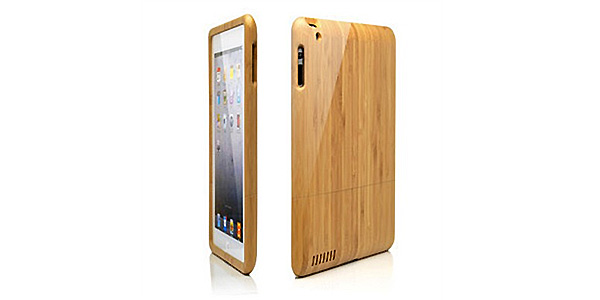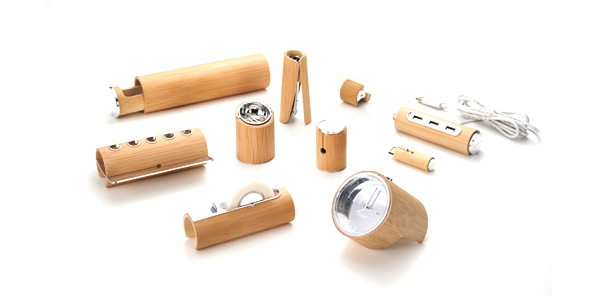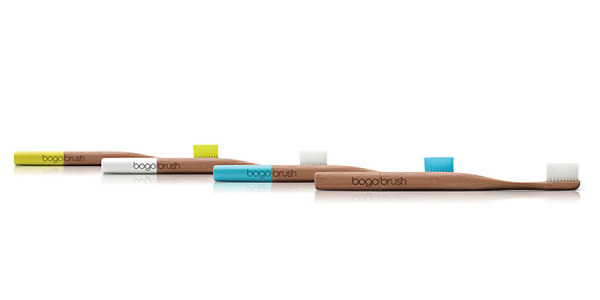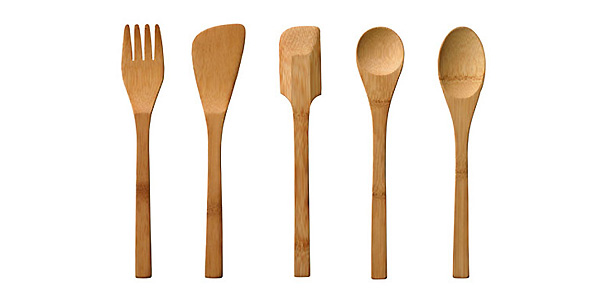Bamboo’s environmental benefits arise largely out of its ability to grow and spread quickly — in some cases around 80 – 100cm per day — without the need for fertilizers, pesticides or much water. A bamboo grove also releases some 35 percent more oxygen into the air than a similar-sized stand of trees, and it matures (and can be replanted) within seven years (compared to 30-50 years for a stand of trees), helping to improve soil conditions and prevent erosion along the way. Bamboo is so fast-growing that it can yield 20 times more timber than trees on the same area. There are some 1,000 different species of bamboo growing in very diverse climates throughout the world.
As a fabric, bamboo is softer than cotton with the texture of silk or cashmere and naturally wicks moisture away from skin. It dries twice as fast as cotton. It is being made into clothing, bedding, towels and rugs. Environmentally, it is processed using harsh chemical-based hydrolysis- alkalization process followed by multi-phase bleaching. It still has a much lower impact than pesticide-laden conventional cotton or petroleum-derived nylon and polyester fabrics.



